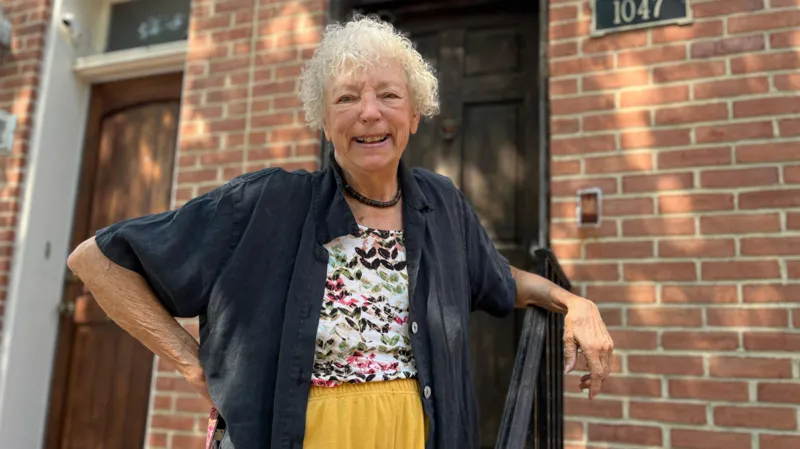Judy Aleksalza bought her abandoned house in Baltimore for just $1 back in 1976. It was part of a project called “urban homesteading” to help fix up empty homes in the city.
She spent years working hard and investing tens of thousands of dollars to turn the property into her dream home, despite facing many challenges, according to BBC.
Baltimore was one of the first cities in the U.S. to try selling abandoned homes for $1 to help people own homes and improve rundown areas. It was an idea led by Jay Brodie, who worked in the city’s housing department at the time.
People were picked randomly to buy the homes, and it quickly became a big success. The project even made it into magazines, as reported by BBC.
The idea has spread to other places around the world. For example, in 2013, Liverpool in the UK started offering homes for £1 in an effort to renovate derelict properties.
Some buyers found it hard work, dealing with problems like rat infestations and structural issues, but many felt it was worth it, shared BBC.
Maxine Sharples, who bought a house in Liverpool for £1, said it was extremely difficult to fix up the property, but now she lives in the home of her dreams. She says it changed her life, according to BBC.
Baltimore is now bringing back its $1 home project with a new twist. Buyers must prove they have $90,000 for renovations and promise to live in the house for at least five years. However, only a few people have qualified so far, noted BBC.
While some people think these projects are a great way to revive cities, others are concerned that they might lead to gentrification.
This could raise rent prices and push out people with lower incomes. David Lidz, who works with a non-profit renovating properties for low-income renters, worries that such schemes might lead to more problems, according to BBC.
Alice Kennedy, Baltimore’s Housing Commissioner, says they are learning from past mistakes and want to create a future where everyone in the city can thrive, regardless of income, reported BBC.
https://www.bbc.com/news/articles/c1e8g5leve0o

